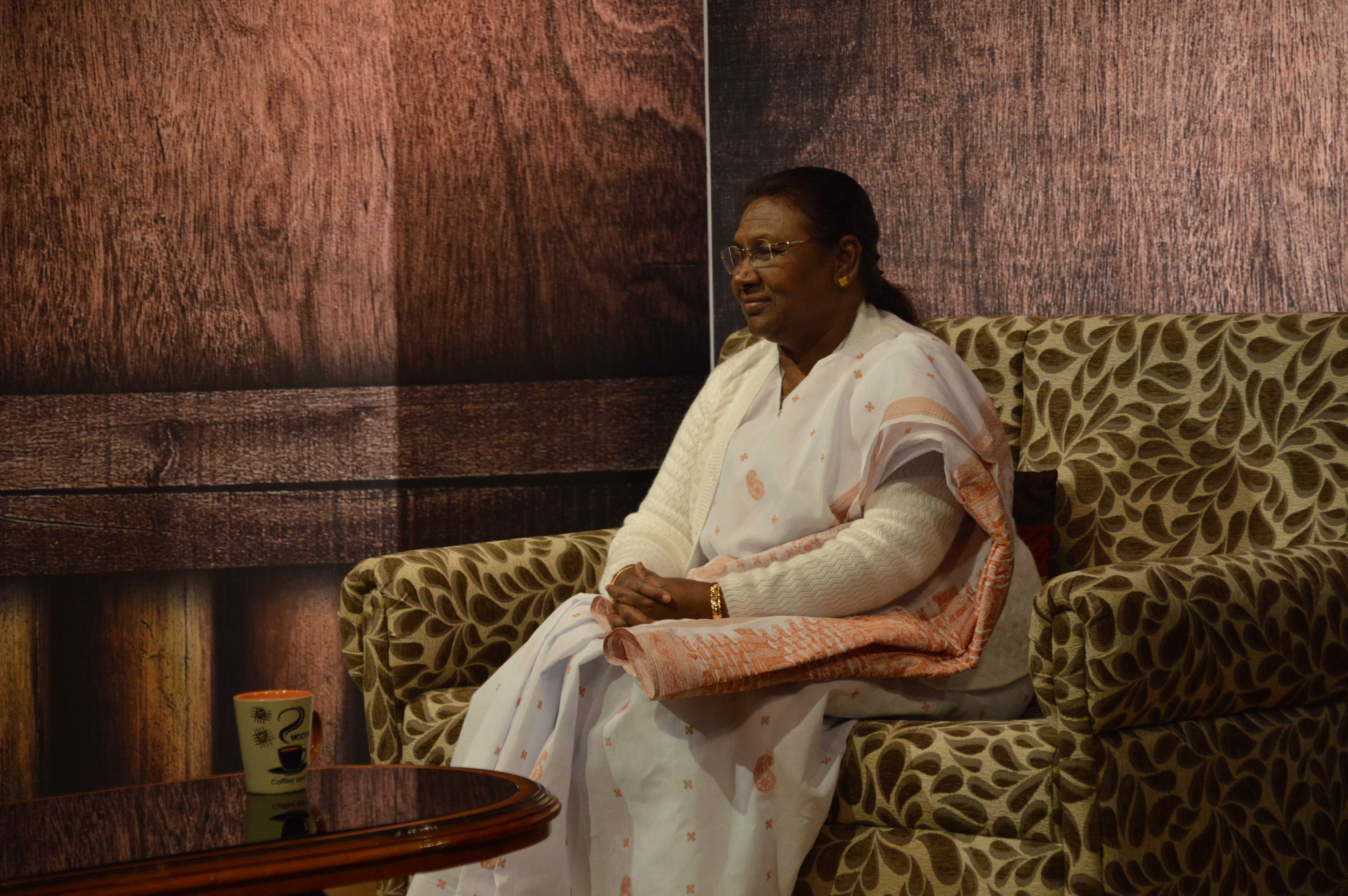Very often political systems encounter group of issues designated as ‘women’s issues’, largely related to the domestic sphere of women. Although there are different ways of interpreting these issues, but will they be addressed by the election of a woman President?
As celebratory messages were doing the rounds in media and social media with the election of Droupadi Murmu, I was thinking whether this would remain just another Presidential election or would it transpire into something else considering how media had been highlighting the death of her sons and husband instead of her empathetic Adivasi concerns as Governor of Jharkhand, in the year 2017, when she returned amendments to the Chota Nagpur Tenancy Act and Santhal Parganas Tenancy Act, passed by the state government for reconsideration.
Intuitions stood vindicated when the next controversy began to take shape. The debate of whether she should be addressed as Rashtrapati or Rashtrapatni was traced back to Constituent Assembly debates where K.T. Shah suggested the term “Neta” and other suggestions included the term “karnadhar” which were considered gender neutral for the Indian President. An apology was demanded from Adhir Ranjan Chowdhury for referring to President Droupadi Murmu as “Rashtrapatni”. BJP MPs accused the Congress of being anti-Adivasi and anti-women. This was also dubbed as a sexist insult. There is a reminder of Sherry Ortner’s statement that “the secondary status of women in society is one of the true universals, is a pan-cultural fact”. She goes on to explain that men are perceived as “closer to culture” and therefore more suited for public roles and political associations.
The equality-difference debate within feminism encounters the situation of how to escape the inevitable and almost obvious onslaught of social hierarchies based on these perceptions and representation of difference. The starting point for any feminist analysis of politics has been the fact that women have been excluded from the exercise of political power. In history and even now women have been underrepresented in formal political institutions and decision-making bodies across the countries. But how should the public-private divide be seen in feminist theory of politics? Do feminists want to get rid of this division altogether and make all areas of life public? Should there be rearticulation/reconstruction of the division in order to create boundaries consistent with gender relations of equality and not of domination.
Feminist theorist, Lister (1997) explains this rearticulation involving 3 elements:
• Deconstruction of the sexualized values associated with public and private so that it is the gendered quality of the distinction and of its attributes associated with each of the spheres that is dissolved, rather than the distinction itself.
• Rejection of rigid ideological separation between public and private in an acknowledgement of the multiple ways in which they overlap.
• Since boundaries of public and private are not fixed, a constant struggle remains.
In President Murmu’s election I see a praxis of the feminist goal of breakdown of public-private dichotomy but it is yet to be witnessed what will change for other ordinary women of India. Will this “politics of presence” as Anne Phillips termed it, serve the purpose of representation of women’s interest? Phillips cautioned against the unqualified adoption of politics of presence, arguing for accountability of representations as a basis of “politics of ideas”. Are there any specific group interests as “women”?
Very often political systems encounter group of issues designated as “women’s issues”, largely related to domestic sphere of women. Although there are different ways of interpreting these issues, but will they be addressed by the election of a woman President? The more important challenge beyond the representation of interests is whether full citizenship in the form of civil, political and social rights be achieved.
Dr Anshu Srivastava is Associate Professor, NIEPA, New Delhi.

